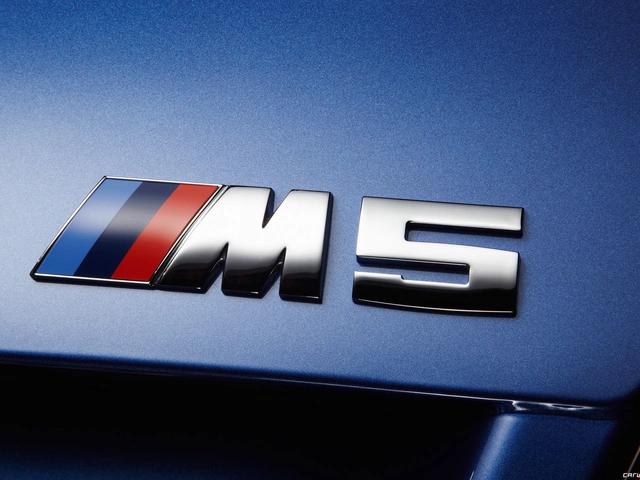Should Motorsports Join the Olympic Games?
If you’ve ever watched a Formula 1 race, you’ll remember the roar, the speed, and the drama that can electrify a stadium. Now picture that same adrenaline in the Olympic arena. The idea pops up everywhere—news feeds, podcasts, forums—so it’s worth unpacking what a motorsport Olympic event would actually look like.
Why Motorsports Could Boost the Olympics
First off, motorsports draw massive global audiences. A single Grand Prix can pull in hundreds of millions of viewers, and that kind of reach would instantly lift the Olympics’ TV ratings. Adding a high‑speed event could also bring younger fans who might otherwise skip the Games altogether. Think about it: a teenager who follows e‑Sports might be more likely to tune in if there’s a real‑world racing showdown.
Second, the spectacle is unmatched. The combination of cutting‑edge technology, sleek machines, and split‑second decisions creates a visual feast that fits perfectly with the Olympics’ mission to showcase human achievement. The sport already pushes engineering limits, and an Olympic platform would give manufacturers a stage to debut greener, faster tech in front of the world.
Lastly, the Olympic brand could benefit from a fresh narrative. By embracing a modern, high‑tech discipline, the Games would signal they’re keeping pace with contemporary sport culture. That narrative could attract new sponsors and funding streams, helping the Olympics stay financially healthy.
The Challenges Holding It Back
But it’s not all smooth sailing. The biggest roadblock is the environmental impact. Traditional race cars guzzle fuel and emit CO₂, which clashes with the Olympics’ recent push for sustainability. Even with electric series gaining traction, the infrastructure needed—charging stations, battery disposal—adds complexity.
Another issue is the core Olympic principle: celebrating pure human physical prowess. Motorsports rely heavily on machine performance, and many purists argue that the athlete’s skill is secondary to the car’s engineering. This raises the question of whether a motor‑driven event truly fits the Olympic spirit.
Logistically, setting up a world‑class circuit inside an Olympic venue is a nightmare. Tracks require long straights, safety barriers, and extensive runoff areas—none of which are easy to squeeze into a city already packed with stadiums, villages, and transport routes. The cost of building a temporary track could dwarf budgets for other sports.
Finally, there’s the fairness factor. Different nations have varying access to top‑tier racing technology, which could create an uneven playing field. The Olympics aim for equal opportunity, and an event where wealth directly influences performance might feel out of place.
So, should motorsports be in the Olympics? The answer isn’t a simple yes or no. It depends on how the sport evolves, how the Games address sustainability, and whether the global audience is ready to accept machines as part of the Olympic showcase. What do you think? Could the roar of engines ever share the podium with sprinting shoes and swimming caps?
Should motorsports be in the Olympics?
Alright, folks, buckle up, we're hitting the gas on a road less traveled! Let's tackle the high-octane question: Should motorsports be in the Olympics? Now, I'm a car buff and while the idea of revving engines echoing in the Olympic arena gets my adrenaline pumping, we've got to consider a few speed bumps. Firstly, the environmental impact is a major red flag - those gas guzzlers aren't exactly eco-friendly. Plus, the spirit of the Olympics is about human physical prowess, not horsepower. However, the spectacle and global popularity of motorsports could add a turbo boost to the Games' viewership. Strap in, this debate's just getting started!





